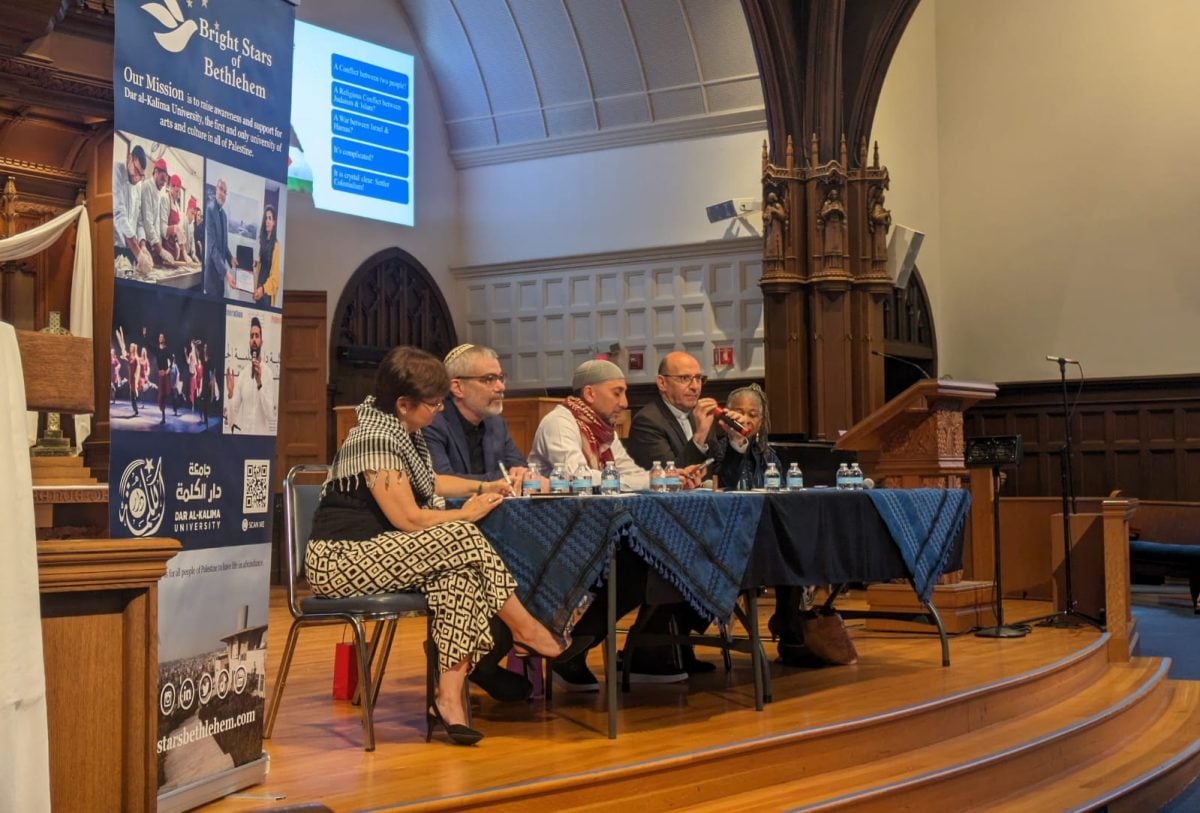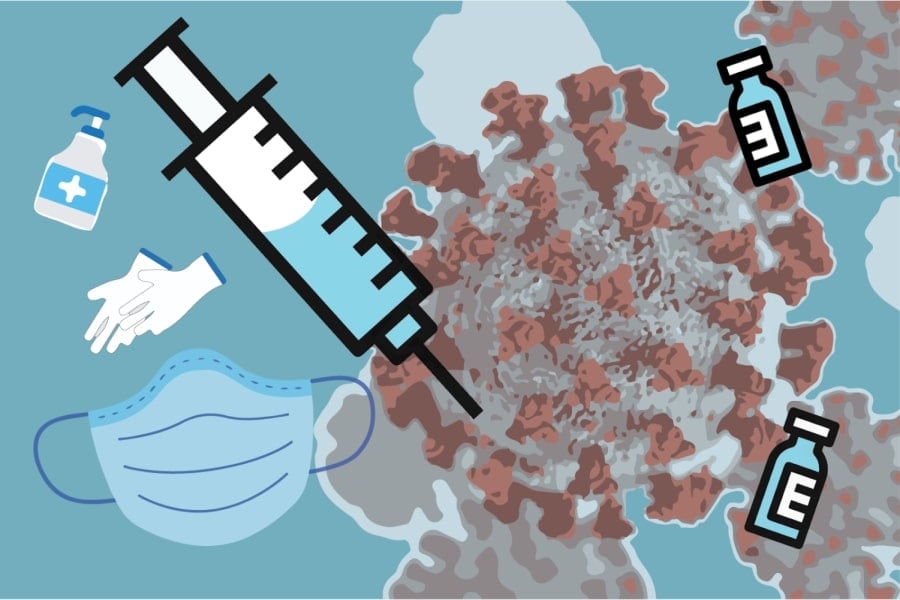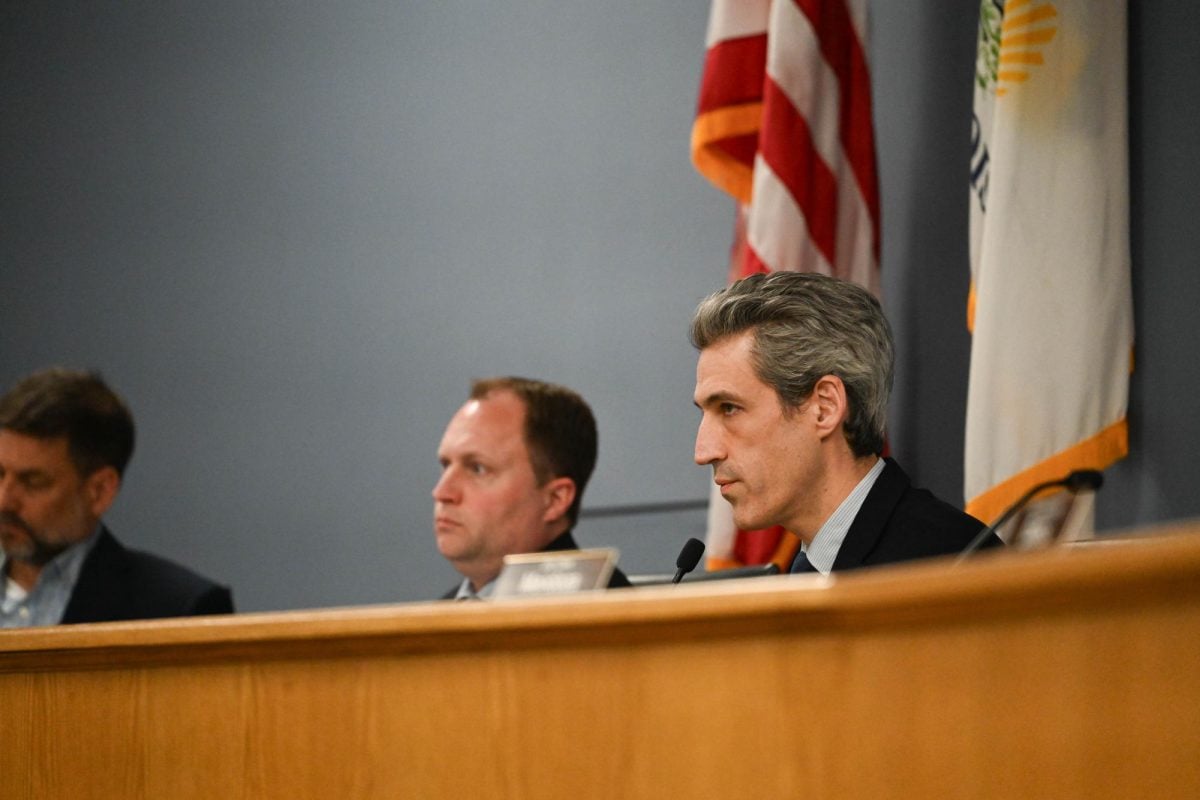A new round of water testing by the United States Environmental Protection Agency could change how Evanston tests homes’ tap water for lead.
When water is tested, regulators generally test the lead level in the first liter of water coming out of the faucet. One of the new procedures studied by the EPA tested the lead level in the first 14 liters of water sequentially.
The results of that procedure found the seventh to ninth liters contain the highest levels of lead when they tested the tap water in 29 Chicago homes in September, said Miguel Del Toral, a regional regulations manager for the EPA.
Half of those tested homes yielded at least one sample with more than 15 parts per billion of lead, a level that could trigger regulatory actions during a routine testing, Del Toral said. Those regulatory actions would include treating the water or changing the lead service line – which cities such as Evanston use to supply water to residents – if the treatment fails.
During the study, one first-liter sample from only one of the homes indicated 15 parts per billion of lead. Researchers also found the lead in tap water comes mainly from lead service lines.
“That’s pretty clear from the results you see,” Del Toral said.
EPA conducted the sampling study to review its 20-year-old Lead and Copper Rule that regulates the levels of lead and copper in drinking water, he said.
“We look at all of our existing legislations and…we decided there was an opportunity here to make some changes,” Del Toral said.
He stressed the study captures worst-case scenarios, and the result is still under internal discussion, he said.
Evanston is “in one hundred percent compliance with regulations” in lead testing, said Kevin Lookis, water production superintendent of the Evanston Water Utility.
The city’s latest regular testing in June and July found two of 30 homes tested had measurable lead in their samples but they were still below 15 ppb, Lookis said.
Even if the sampling method changes, replacing Evanston’s lead service line would produce more harm than good, he said. The replacement would cost $5,000 per home, and the lead level would be very high in the initial months after the construction work has been completed.
Both Lookis and Del Toral recommended that residents flush their tap water for three to five minutes in the morning to clear water that has been sitting in the lead line. Such flushing could be incorporated in daily activities such as showers and toilet flushing, they said.
“They’re already taking a shower, they’re already doing laundry,” Del Toral said. “You’ll clear the line by water that’s used just doing that.”
Del Toral also recommended using water filters certified for lead removal.
Lead could delay brain development in children and even cause death, said Helen Binns, a pediatrics professor at Northwestern University’s Feinberg School of Medicine.
But lead exposure from tap water is insignificant compared to sources such as lead-based paint, she said.
“I don’t think we can point to a lot of children who have been poisoned solely for that just because the houses are so bad themselves,” Binns said. “I haven’t really identified an individual child here who has water as the source (of lead poisoning).”
Dani Barker, an Evanston resident who has two children, agreed lead from tap water has not been her greatest worry.
“I haven’t been overly concerned about it,” Barker said. “I think the greater risk was lead-based paint as opposed to lead in the water.”













